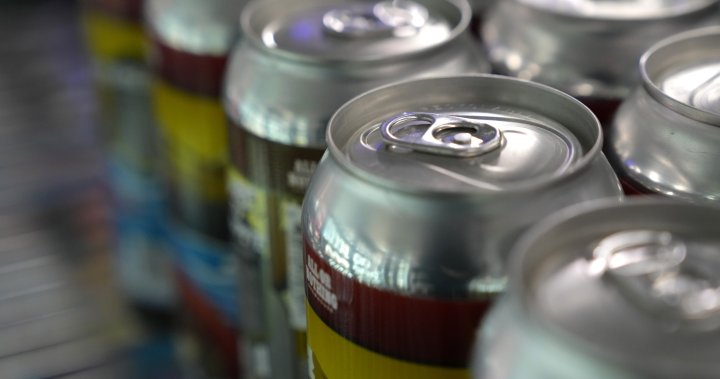The familiar ritual of returning empty alcohol containers to The Beer Store in Ontario stands at a crossroads as the provincial government explores alternative collection methods. This potential overhaul, part of Premier Doug Ford’s ongoing alcohol retail expansion, has sparked intense debate among stakeholders while leaving consumers wondering where they’ll return their empties in the future.
According to government documents obtained by Global News, the Ford administration is actively considering options to accommodate bottle returns at grocery stores that will soon sell beer, wine, and ready-to-drink beverages. The current system, which processes over 1.8 billion containers annually through The Beer Store network, faces significant restructuring as the province’s long-standing agreement with the retailer expires in 2025.
“The government is examining options for how to manage bottle returns when alcohol sales expand to grocery stores,” said Brett Weltman, spokesperson for Finance Minister Peter Bethlenfalvy. This examination coincides with the province’s broader alcohol retail transformation, which aims to increase consumer convenience while maintaining environmental responsibility.
The Beer Store, jointly owned by Molson, Labatt, and Sleeman, has operated Ontario’s bottle return program for decades, achieving impressive environmental outcomes with a 94% recovery rate for industry standard bottles. These bottles are reused up to 15 times before recycling, representing a cornerstone of Ontario’s circular economy initiatives.
However, the transition to grocery alcohol sales presents logistical challenges. The Beer Store’s current monopoly on bottle returns exists alongside its retail operations, creating an integrated system that would be difficult to replicate in conventional grocery environments.
“There are many complex considerations in designing a container recovery system that works for consumers, protects the environment, and maintains the efficiency of our current model,” said Ted Moroz, president of The Beer Store, when approached for comment.
Grocery retailers have expressed varied reactions to potentially managing returns. Some larger chains with adequate space may accommodate collection systems, while smaller stores with limited square footage have voiced concerns about hygiene and practical implementation.
“The smell, the space requirements, the potential for pests—these are serious operational concerns for grocery environments where food safety is paramount,” explained a representative from one of Ontario’s independent grocery associations who requested anonymity pending official policy announcements.
Environmental organizations are closely monitoring these developments. Waste reduction advocates emphasize that any new system must maintain or improve upon The Beer Store’s current recovery rates to prevent backsliding on Ontario’s environmental progress.
“What’s at stake here is more than convenience—it’s about preserving a circular economy model that keeps billions of containers out of landfills annually,” said Ashley Davidson of Ontario Environmental Alliance. “Any transition needs to prioritize environmental outcomes alongside consumer access.”
The province faces challenging decisions about how to structure bottle returns in this new retail landscape. Options under consideration include establishing separate collection depots, requiring grocery retailers to accept returns, creating automated return systems similar to those in Quebec, or maintaining The Beer Store’s role in container collection even as its retail exclusivity ends.
These deliberations occur against the backdrop of the province’s ambitious timeline to implement expanded alcohol sales by late 2026. The technical working group addressing these challenges includes representatives from the Liquor Control Board of Ontario, The Beer Store, grocery chains, and environmental agencies.
As Ontario navigates this complex transition, the fundamental question remains: can the province create a container return system that maintains environmental standards while aligning with new retail realities? For consumers accustomed to the current model, the answer will determine not just where they buy their beverages, but also where the empty bottles ultimately end up.
























